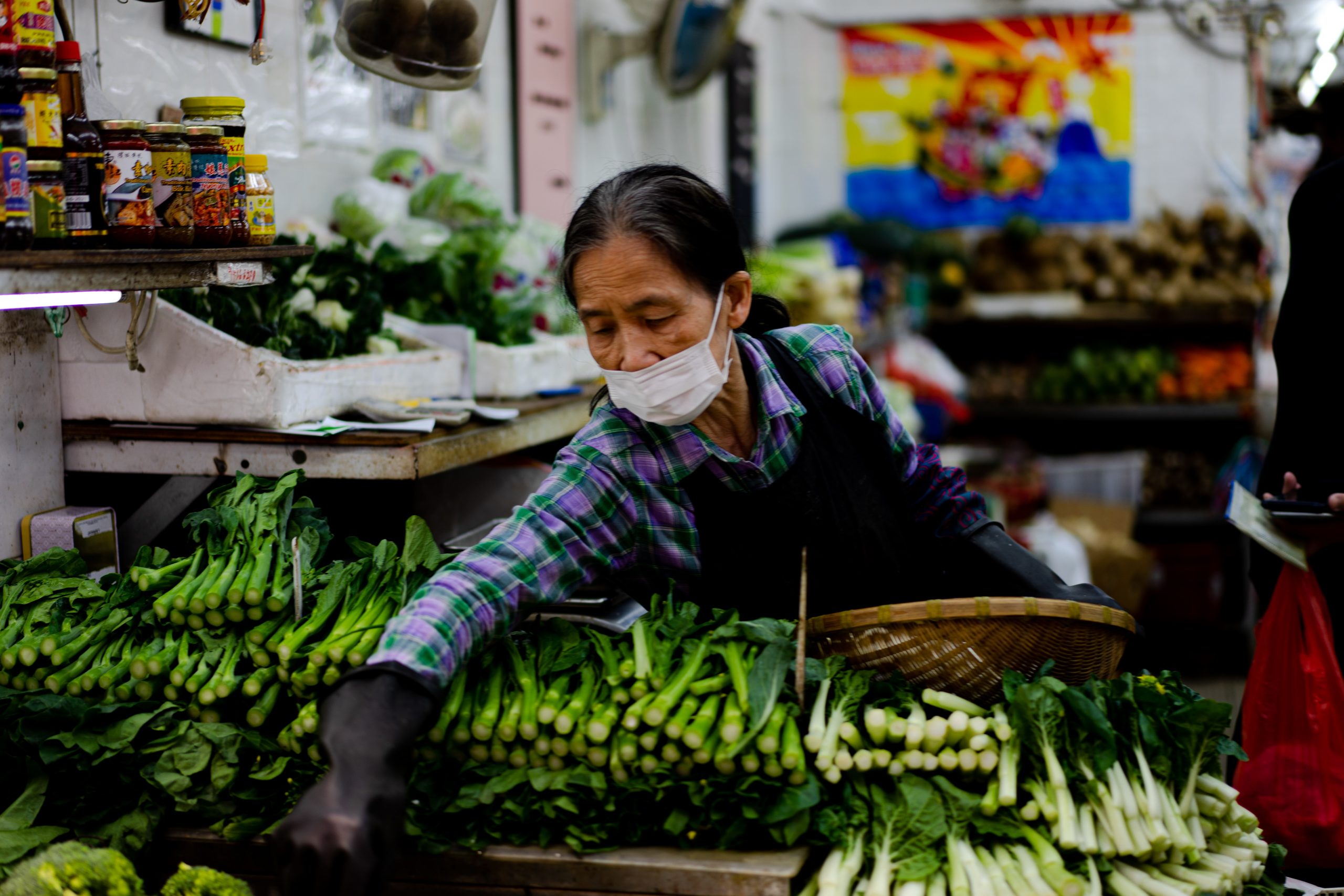The global agri-food sector is in a dire need of transitioning into sustainable consumption and production patterns. The circular economy concept offers a viable pathway to improve resource efficiency and recover value from food loss and waste.
Although China has made circular economy a strategic component of its national development strategy, it has faced multiple barriers which persisted in the full-scale implementation of sustainable food consumption and production. We aimed to empirically investigate these barriers, based on data from three key stakeholder groups in the food supply chains: the food processors, sales and distribution firms, and consumers.
We quantified the cause-and-effect relationships among barriers by the fuzzy decision making-trial and evaluation laboratory analysis (Fuzzy DEMATEL) technique. All groups identify weak enforcement of environmental regulations and lack of environmental education and accountability as key cause barriers in China.
Our results suggest that policy level changes include enhanced regulatory attention, and new educational initiatives will be required in China. Managers should focus on waste separation and gaining economies of scale. Together, these initiatives will help promote sustainable consumption and production for a paradigm shift to a circular agri-food supply chain system.





